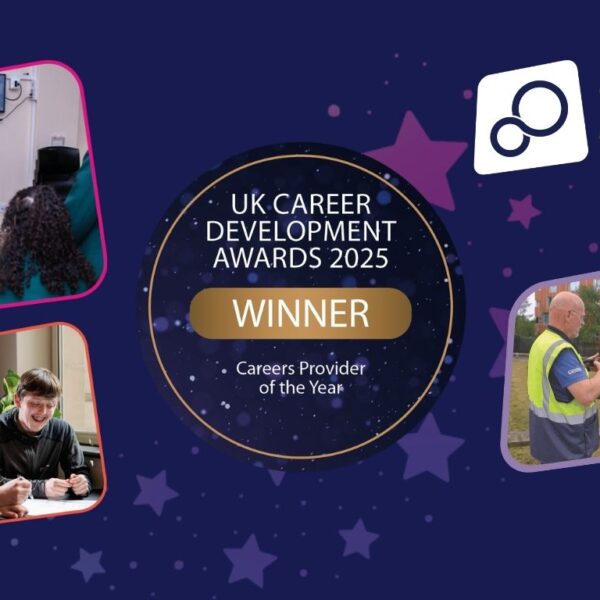Career Connect named Careers Provider of the Year 2025 at the prestigious UK Career Development Awards.

Categories
Location
Active filters:
Career Connect named Careers Provider of the Year 2025 at the prestigious UK Career Development Awards.
